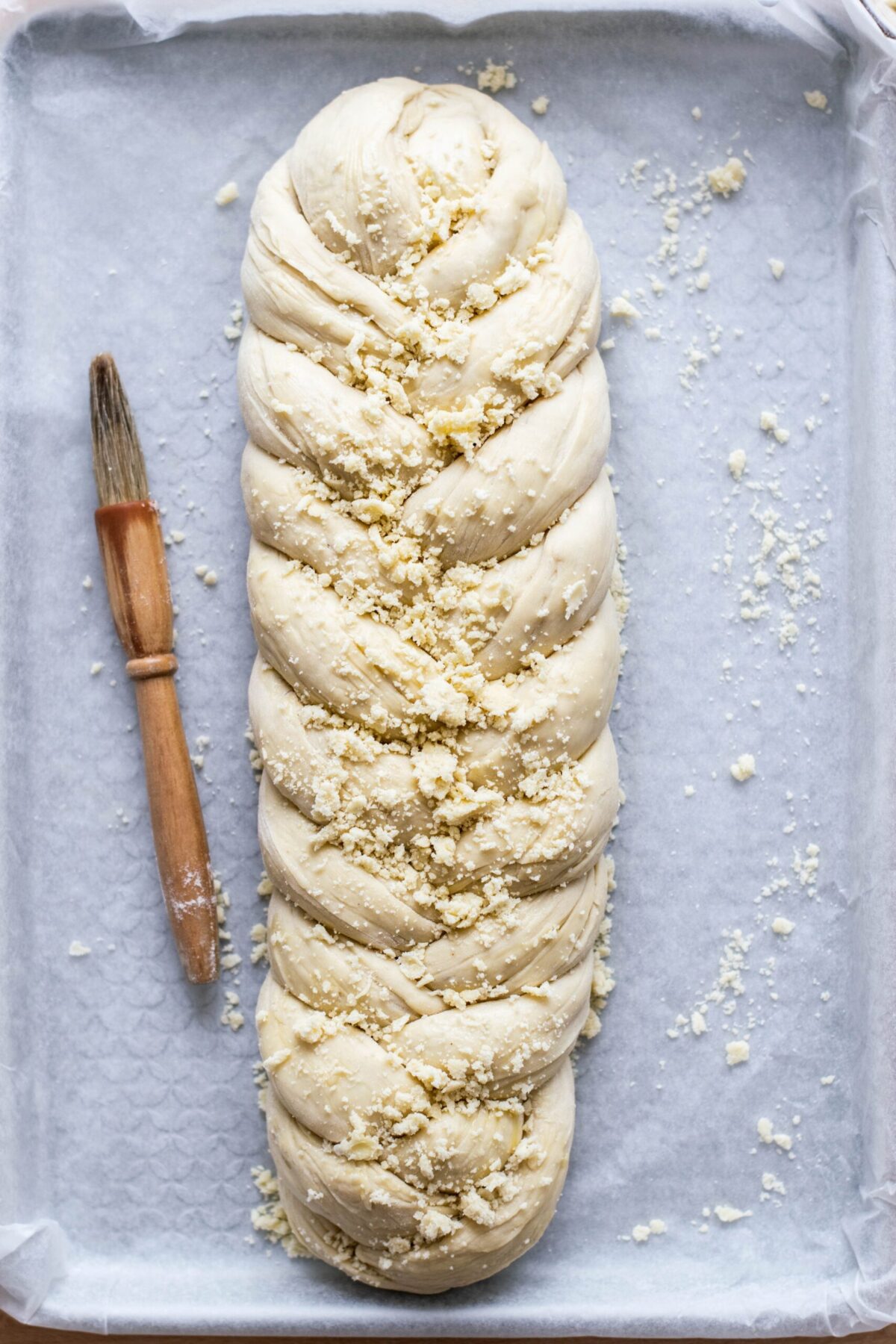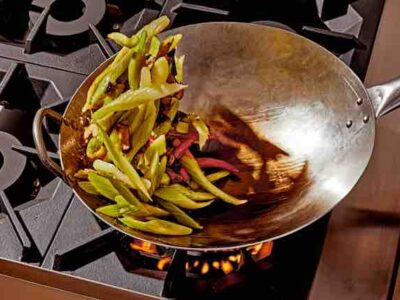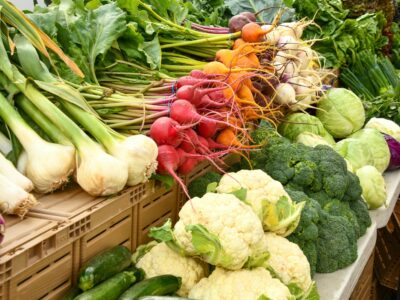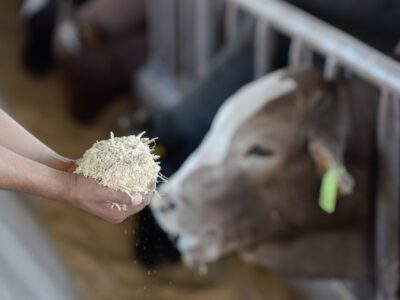In mid-March, as the nation shut down and sheltered inside, news anchor Mary Louise Kelly posted to Twitter: “Anyone else in their kitchen sipping red wine and aggressively baking banana bread at 9:40 p.m.? No? Just me? #coronavirusbaking.” Little did she know how many of us were doing just that. Social media would soon be overtaken with pictures of “isolation loaves” and “quarantine cookies,” grocery shelves would be ravaged of all baking ingredients, and right before our hungry eyes, stars would be born of amateur bakers posting their daily bread on Instagram.
We were baking for our lives, proving bread-making a balm for the anxiety and boredom that so many of us began experiencing. While cooking may be an art, baking is most definitely a science, demanding focus to allow just the right chemical reactions to occur. Valerie Van Galder, chief executive officer of the Depressed Cake Shop Foundation, says baking “requires and rewards being very specific and following the directions very carefully,” so that your brain is “absorbed in the activity at hand and doesn’t have time to think about other things that might be worrying you.” Baking as a coping mechanism du jour is reflected in a recent search for “sourdough starter recipe,” generating a total of 9,800,000 results. Google recently reported an all-time high in searches about bread, including “how to make bread without yeast.” Several studies back up this approach, including a 2016 one published in the Journal of Positive Psychology, showing creative activities to be helpful in managing stress, with “maker” activities, like baking, being especially good for young adults.
Empty grocery store aisles are teaching us a thing or two about survival — you can’t make eggs, milk or toilet paper, but you can make bread. And you can even make yeast, in fact, you might have to, with an unprecedented shortage in home bakers’ yeast. The world’s largest yeast producer, Lesaffre, which makes the popular Red Star brand, now has their plants running 24/7. Fleishmann’s Yeast reports a 600 percent year over year increase in production. Despite that, those little jars and quarter-ounce envelopes we used to find in the baking aisle are, according to grocery store owner Kyle Oney, “gone within 20 minutes of being put on the shelf.”
So what’s a would-be baker to do? It’s quite simple, says scientist Sudeep Agarwala, whose March 29 tweet on how to make yeast was retweeted nearly 30,000 times overnight. Agarwala, who does not have a large Twitter following, began by tweeting: “Friends, I learned last night over Zoom drinks that y’all’re baking so much that there’s a shortage of yeast?! I, your local frumpy yeast geneticist, have come to tell you this: THERE IS NEVER A SHORTAGE OF YEAST.” We’ve been cultivating those single-celled fungi that come in 1,500 different species to make bread and alcohol for 5,000 years. If we could do it pre-Industrial Revolution, we can do it again today. (You can find Agarwala’s original recipe on his twitter thread here. We can’t do it justice.)
Just like you can make yeast out of thin air with a bit of attention, you can also grow an Instagram following with a little love and a sourdough starter. From seasoned bakers to influencers to novices and neighbors, baking has become the unexpected star of lockdown. Standouts include Hannah Page (@BlondieandRye) treats her 198,000 followers to an artform called “breadscaping.” Home baker Kristen Dennis (@fullproofbaking) has seen her followers nearly double to 274K as she leads them on the quest for the perfect sourdough. There’s opportunity for growth for all of us within the four walls of our kitchen thanks to bakers like The Manly Baker (@themanlybaker) from Salt Lake City, Utah, who offers private, but affordable bread and pretzel-making classes. Part-time baker at a local grocery chain in Chicago, Natalya Syanova (@natashas_baking), explains why your sourdough starter won’t start, why the crumb isn’t the right texture, and why it’s still not Instagram ready.
Whether we’re doing it ourselves or just living vicariously through social media, baking is now right up there with Netflix and chill, video games and home bartending. And with sourdough starters that can outlast whole generations, baking just might be the time-capsule we pass down to our grandchildren one day, saying, this is how you survive a global pandemic.





